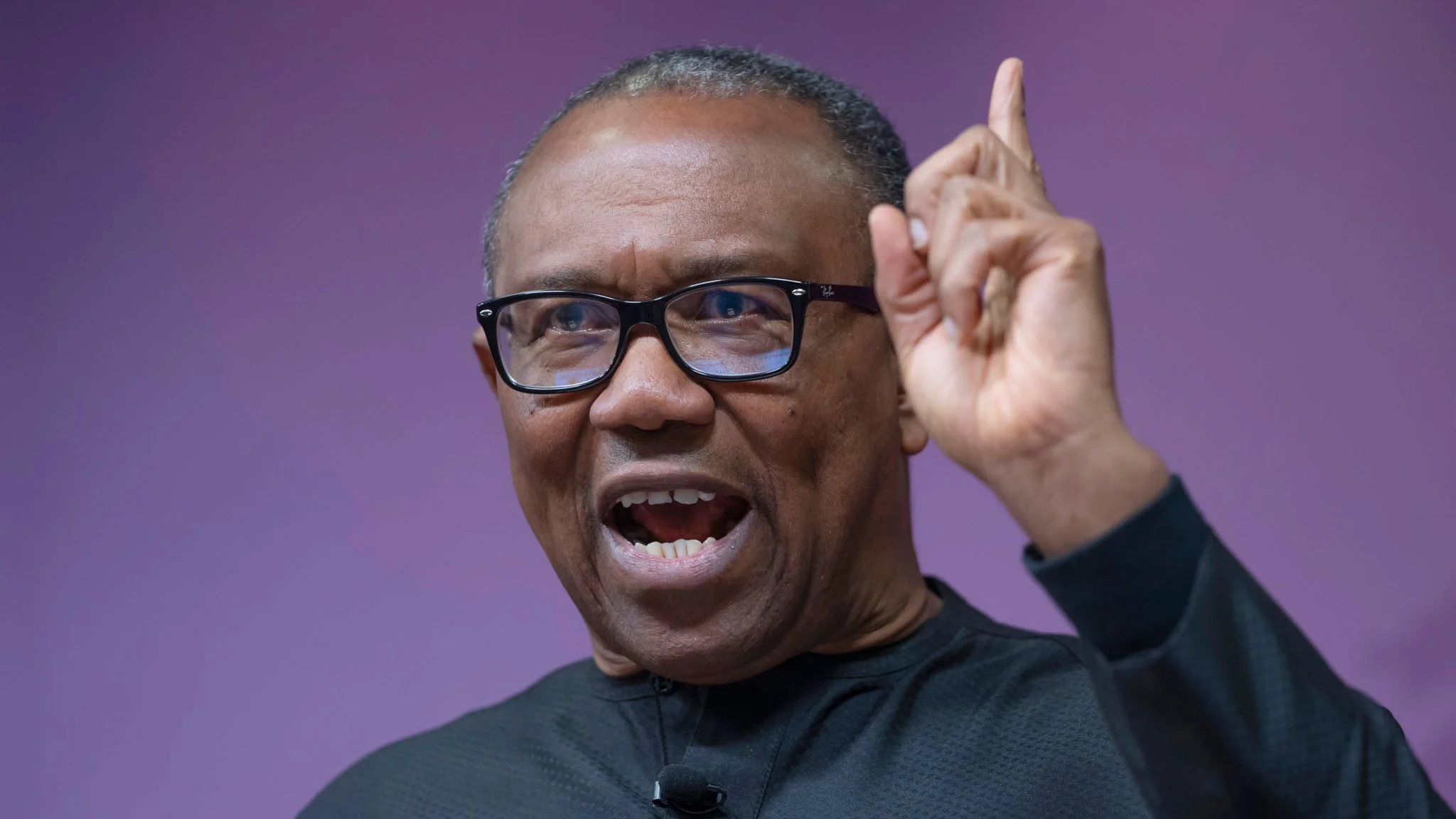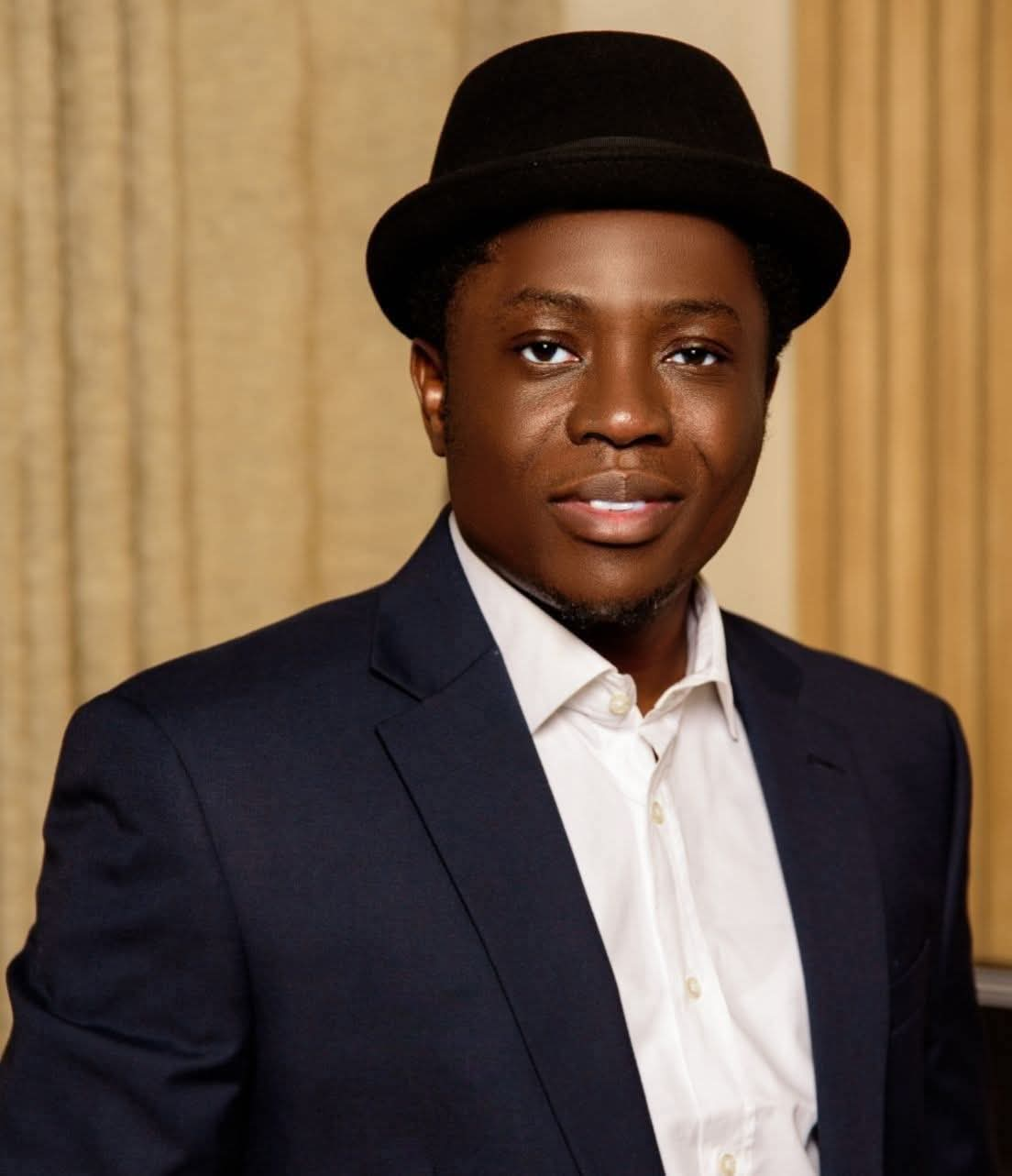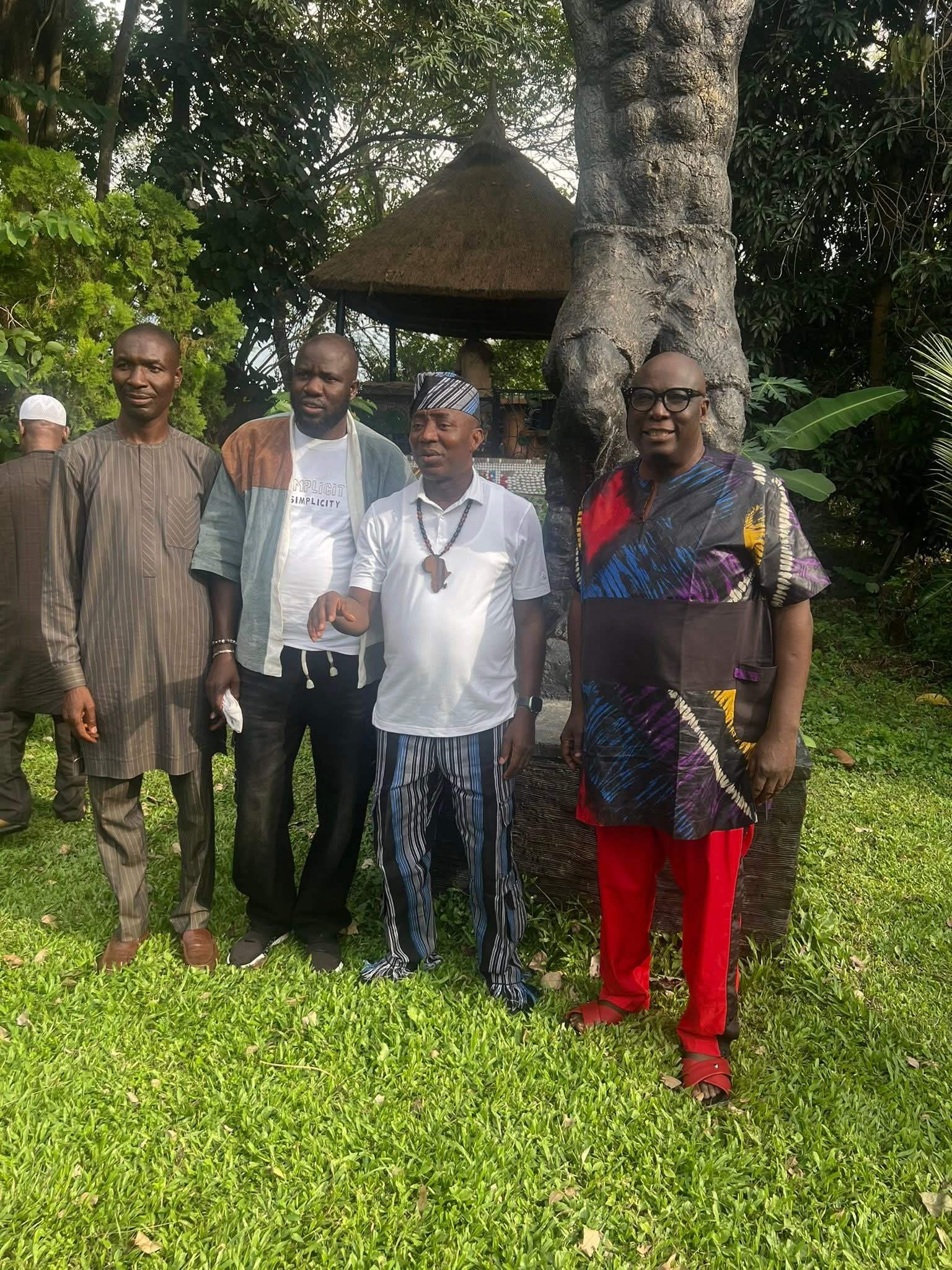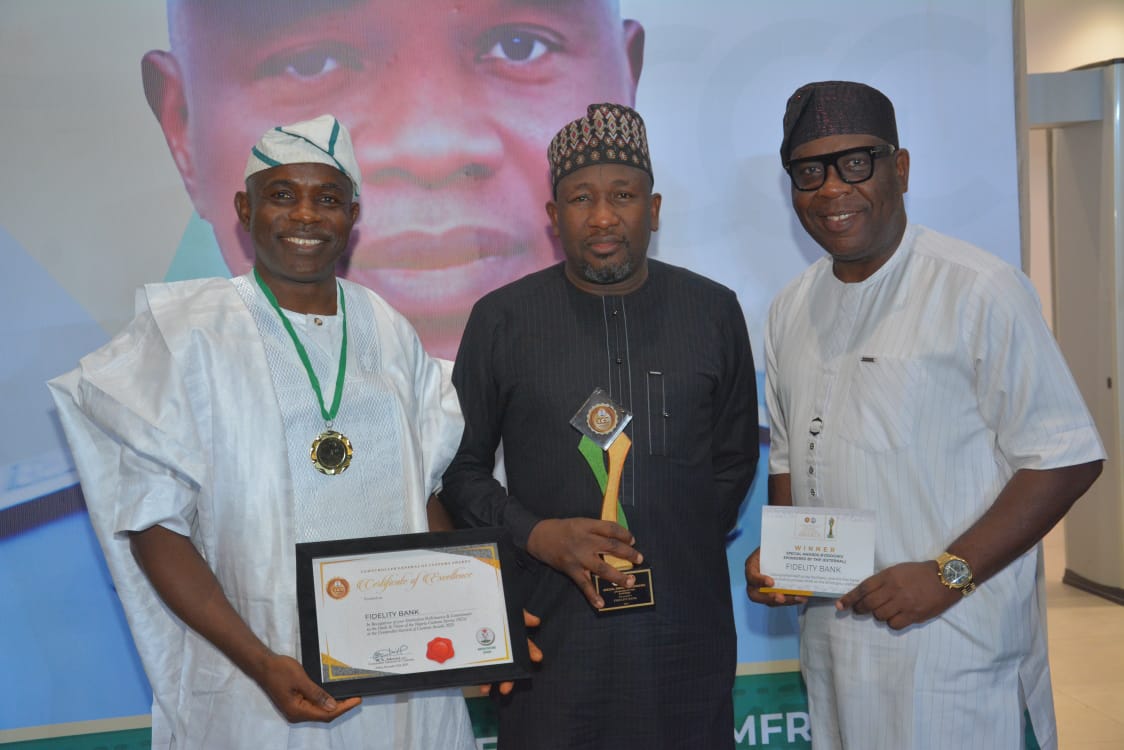By Valentine Obienyem
I have written about Obi on his birthdays for years, a tradition that began with my annual tribute to Dim Chukwuemeka Odumegwu-Ojukwu while he was still alive. I celebrate individuals who deserve to be recognised, those who understand that a person’s worth is measured not by their wealth, but by the positive impact they have on the world. This encapsulates our subject, who celebrates his sixty-third birthday today and is having a significant impact on society in various ways.
Because of his well-known impact, he is a hot topic of discussion among serious and even non-serious minds who use his name to gain clout on social media. Last month, I had an unexpected meeting with Fr. Jude Onebunne, who teaches philosophy at Nnamdi Azikiwe University and Pope John Paul II Seminary in Okpuno. My discussion with Fr. Onebunne centred on Mr. Peter Obi’s philosophy. Fr. Onebunne explained that he had spent time studying Obi and found his philosophical insights compelling. He emphasised the significance of studying Obi’s political and existential philosophies, not only for Nigeria but for humanity as a whole. As a lecturer, Fr. Onebunne had begun to incorporate Obi’s philosophy into his lessons, encouraging his students to analyse and expound.
Father was correct, and I agreed with him. As we discuss Thomism for St. Thomas Aquinas, Aristotelianism for Aristotle, Confucianism for Confucius, and Cartesianism for René Descartes, Obi’s philosophies, variously described as “Obism,” “Obinometricism,” and “Okwuteism,” should be distilled into a single term and actively introduced to students, taking on a life of its own in society. Before concluding, he analyzed the names ascribed to Obi’s philosophy and noted that “Obinometricism” sounded more like economics than philosophy and should be ceded to economists. The fact is that Father is at work and beckoned others to set out to work as well. I am at work as well. I therefore propose that we term the corpus of Obi’s philosophy “Obimentalism.” We shall come back to that.
Fr. Onebunne clarified that his promotion of Obi’s philosophy had nothing to do with Peter Obi as an individual, but rather with the long-term impact of his life and philosophy on society. “Val, we do not know Plato or Aristotle personally, but we still study them because their ideas continue to be active in society. “Peter Obi deserves similar adulation,” Fr. Onebunne concluded, full of energy.
So, who is Peter Obi? What philosophy can be derived from his actions when we examine them critically? Can we glean a coherent political, ethical, and economic philosophy from his interactions? At sixty-three, how do we define him? Who among us is capable of dissecting such a multifaceted man?
Obi earned money from a young age, beginning in primary school, but he never let wealth control his life. This distinction in business carried over into public office, where service has remained his watchword.
As Governor, his top priority was the welfare of the people, which prompted him to govern differently. He pursued all sectors simultaneously and excelled in each. Those who knew him well admired his ability to perform long and intense mental labours. He has remained a volcano of energy, as evidenced by the breadth and accuracy of his knowledge of philosophy, politics, economics, and life in general. In a country where governors frequently leave their states in debt, Obi left unimaginable surpluses totalling over 75 billion Naira.
We talk about him today and try to align our ideas with his because, over the years, he has proven to be a man on a mission, as all great men are. Thus, his entire life has been a battle—against those who rigged his election, those who impeached him as governor, and those who cut short his term. He fights against friends who, at every turn in his battles, want him to compromise his principles or abandon his legal struggles in favour of a gentlemanly protest that is well-established and easily forgotten. He has reached the end of

















Leave a Reply